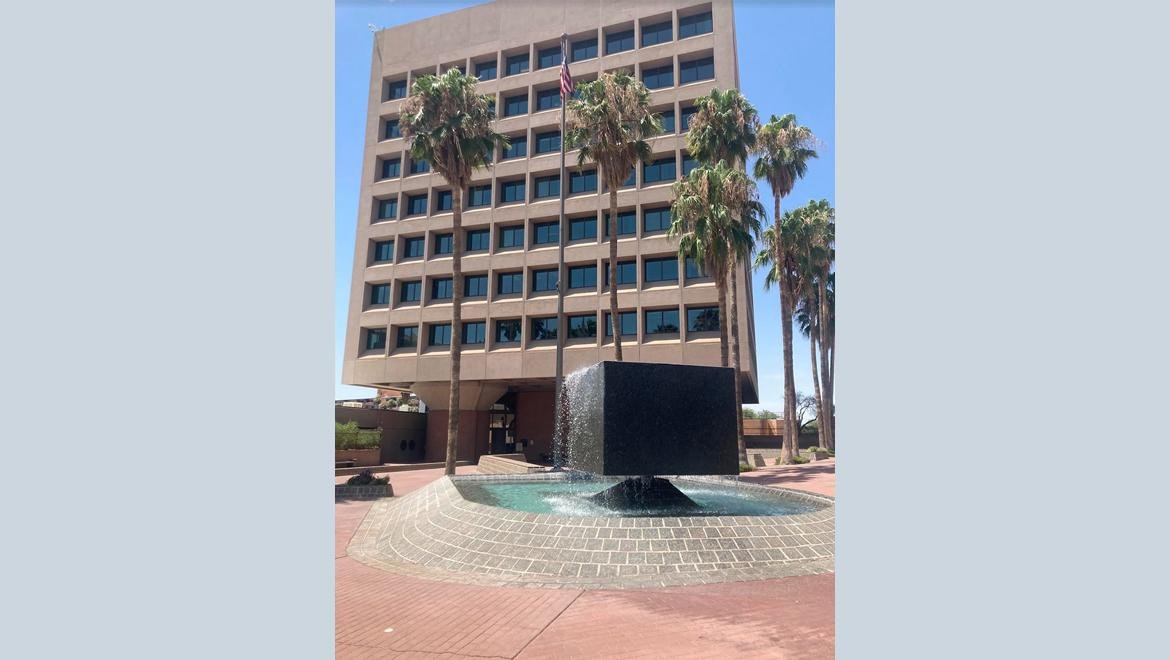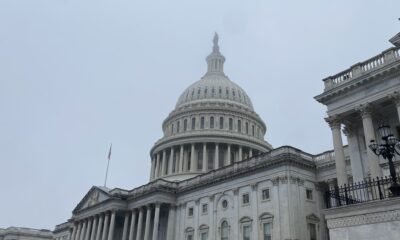arizona
Trump Administration’s Dogecoin Collateral Up for Grabs at Tucson Federal Building Auction

The General Services Administration (GSA) has proposed the potential sale of the federal building in Downtown Tucson, located at 300 W. Congress St. This decision comes as part of a broader initiative to dispose of over 440 government buildings nationwide, cited as “non-core assets.” GSA officials stated that they are taking significant steps to streamline operations and reduce excess government holdings.
The Tucson Federal Building accommodates multiple federal agencies, including the U.S. Marshals Service, the IRS, and the Small Business Administration, among others. With nearly 116,000 square feet of office space, the facility also houses U.S. Citizenship and Immigration Services and the Department of Homeland Security’s Office of Inspector General.
The GSA’s overview includes plans for selling these buildings, suggesting that they may be sold to private entities and subsequently leased back to the government. This marks a notable shift aimed at increasing efficiency and reducing operational costs within federal structures. The Tucson building, erected in 1980, is currently the only government property in Arizona noted for sale, alongside a parking lot in Phoenix.
The GSA’s push aligns with a larger objective to significantly cut its real estate footprint, aiming for a 50% reduction in owned properties. This strategy is designed to address issues stemming from decades of insufficient funding, leading to many buildings falling into disrepair and becoming functionally obsolete.
Under new leadership affiliated with Elon Musk, including personnel from his ventures like Tesla and X/Twitter, the GSA is implementing ambitious reforms. The agency has acknowledged that maintaining such assets incurs unnecessary costs, suggesting that the proposed divestment could save taxpayers more than $430 million yearly.
The move to divest these buildings comes in the wake of broader commercial real estate challenges post-COVID-19, as remote work remains prevalent, which has depressed property values. Experts warn that flooding the market with these assets could exacerbate existing issues in already weakened urban centers.
The Trump administration had previously emphasized a return-to-office mandate, which complicates matters if government offices are sold off, leaving employees without a designated workspace. As the GSA navigates these changes, it remains committed to engaging in market research and exploring various partnership strategies to optimize its portfolio.


















